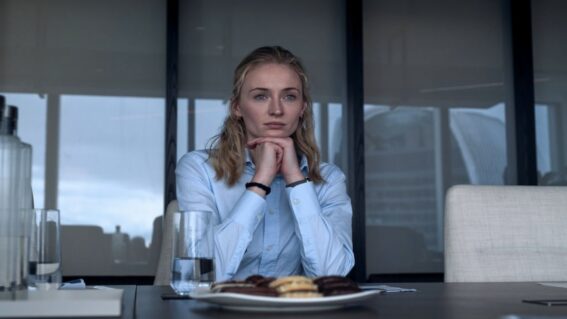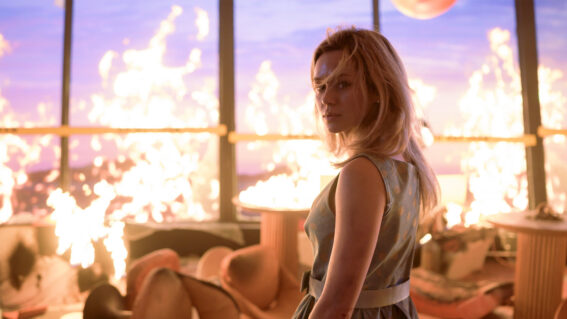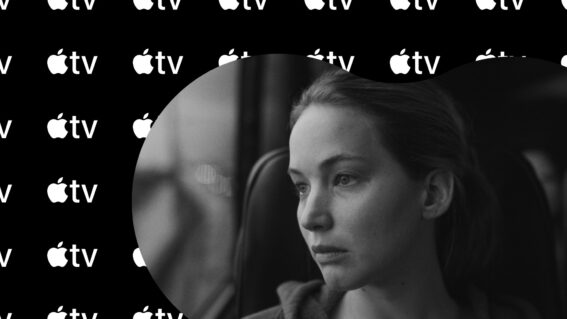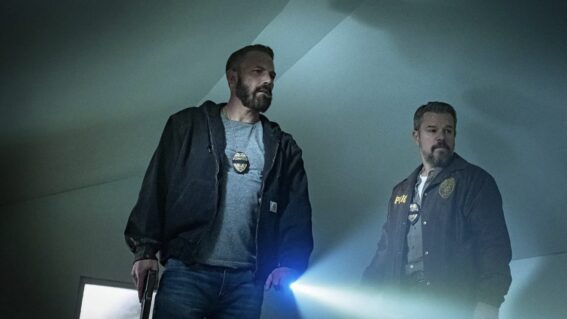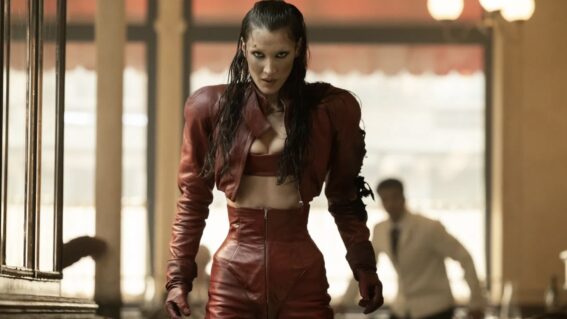Presence is a unique horror movie, buzzing with nervous energy
If POV movies ever become a thing, Presence will likely be remembered as an intriguingly imperfect curio.

You’ve never seen a horror movie quite like Presence, which reinvigorates familiar story elements through its strikingly different visual style, writes Luke Buckmaster.
Steven Soderbergh’s haunted house movie Presence does a great job answering questions nobody ever asked. Such as: what does a ghost do when it’s not haunting people? The answer—as we’re reminded throughout—is a lot of wandering around, drifting between rooms, looking for stimulus, perhaps nostalgic for the days when it whiled away the hours by watching YouTube. The film’s big conceptual twist is that it entirely unfolds from first-person perspective, the camera inhabiting the eyes or view of the apparition, allowing Soderbergh a way to zhush up moth-eaten tropes. If POV movies ever become a thing, Presence will likely be remembered as an intriguingly imperfect curio, fished from the shadows of the zeitgeist and turned over like a trinket in an antiques store.
Films that unfold mostly or entirely in first-person have been made before, though they’re few and far between. One is the 1947 noir Lady in the Lake, which is presented from the POV of a douchey PI who wades through a pot-boiling plotline involving crooked cops and scheming women. Monologuing actors stare into the camera, a technique that, in this context, doesn’t break the fourth wall but in fact pulls us tighter into the narrative world, embracing the idea of the frame as a behind-the-eyes projection or alternate consciousness. It’s a memorable film, but it’s also a bit of dog, with stale dialogue and strained performances.
By making the embodied camera—our new virtual selves—a ghost, Soderbergh removes the need for direct address and adds a voyeuristic element. The wandering poltergeist can see people but they of course cannot see it. As these things tend to go, however, the characters do become cognisant of its (title drop!) presence—particularly Chloe (Callina Liang), a teenager who has recently experienced two narratively significant events. One: the passing of a friend, who died from a drug overdose, and two: moving into a new house with her family. The ghost is there before they arrive: as the film opens, it/we observe a real estate agent (Julia Fox) rush into the house to welcome the family, who soon move in.
The film’s strikingly different visuality takes some getting used to. The ghost drifts around, sidling up to characters not unlike the way audiences approach actors in immersive theatre experiences, which, like this film, heavily emphasize the space in which the drama takes place. We come to know the people inhabiting it, who are sharply defined, as much by contrast as individual strokes. Rebecca (Lucy Liu) is Chloe’s stern, hard-shelled mother; Chris (Chris Sullivan) her more ponderous father, open to ideas around the supernatural; and Tyler (Eddy Maday) is her intemperate older brother, fundamentally decent perhaps but blown around by the choppy winds of adolescence.
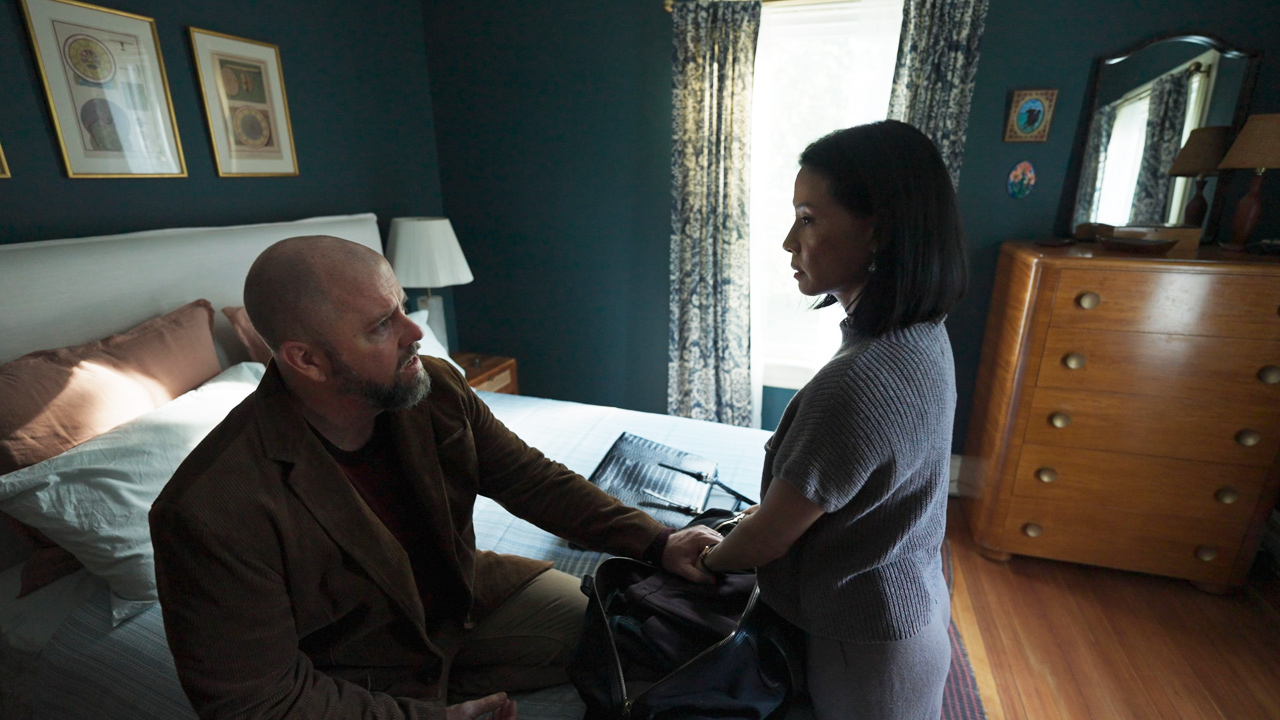
Then there’s the ghost itself. What kind of spirit is it, you can’t help but wonder. Vengeful? Kind? Bored and restless, like Casey Affleck in David Lowery’s great film A Ghost Story, who, come to think of it, might be a few blocks down, hanging out in his pad, taking a breather from all that celestial wandering, not realising a potential chum is just up the road? When Chloe and a romantic interest, Ryan (West Mulholland), fool around in her bedroom, the ghost makes itself known, rattling things and collapsing a shelf in her wardrobe, killing the mood. What’s its agenda? What does it want?
The questions tossed around by veteran screenwriter David Koepp are oldies but goodies. He and Soderbergh roll out a carpet of genre tropes, from things that (sometimes literally) go bump—moving objects, flickering lights etcetera—to a visit from a troubled clairvoyant, given yet another reason to regret their choice of profession. The POV change freshens things up, though it can’t hide the narrative cobwebs and elements of the experience still feel a bit stale. The film’s scariest elements are genuinely chilling, however, in fact quite terribly so, for spoiler-related reasons we don’t need to get into here.
Presence is wholly devoted to its first-person premise, but for a proper impression of the power of this format, one still needs to jump mediums and cross over into video games, where it’s deployed with electric immersiveness; where it feels right. Nevertheless, Soderbergh has made a genuinely different kind of horror movie that trembles with nervous energy, alive to new storytelling possibilities.











